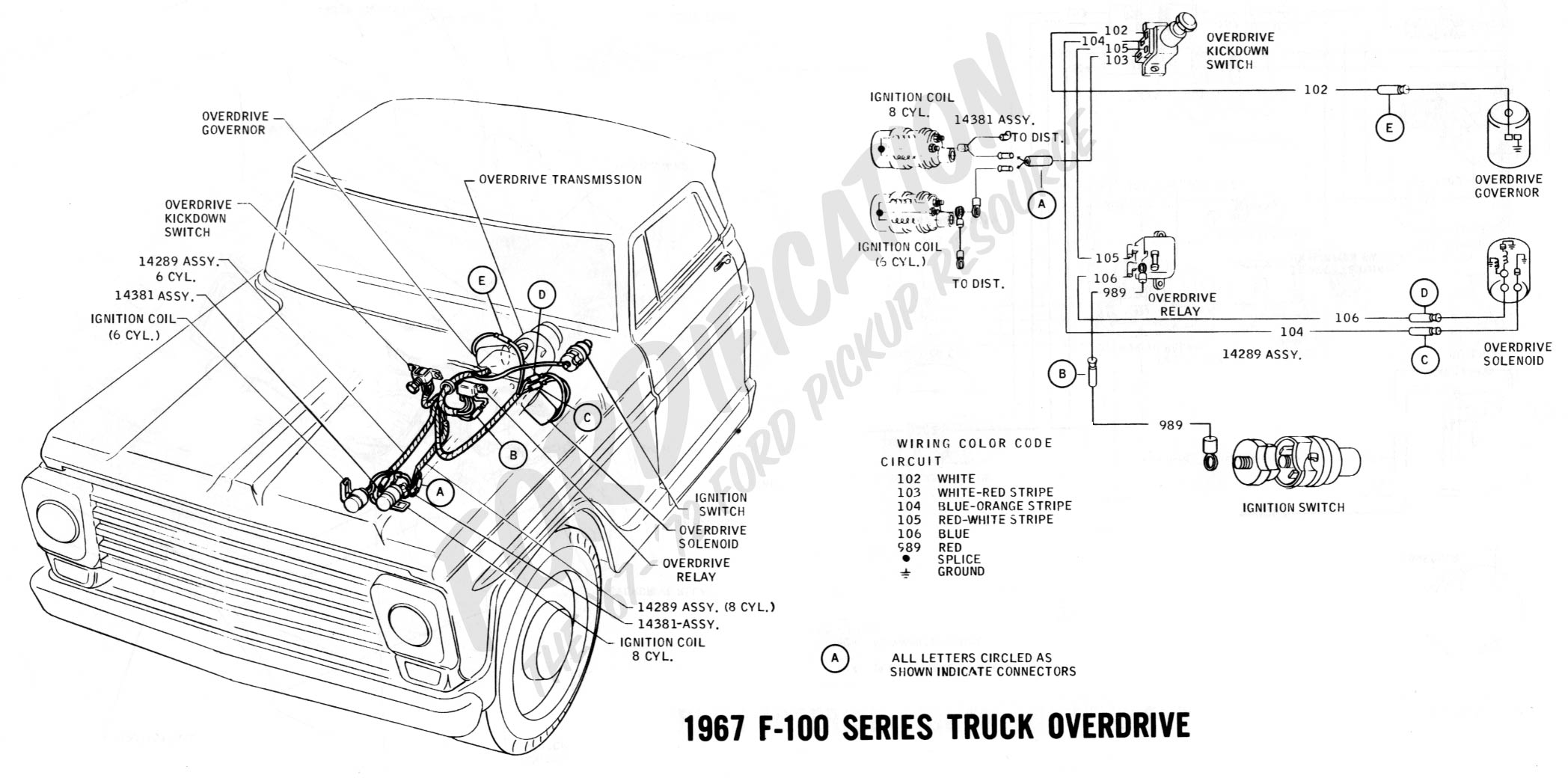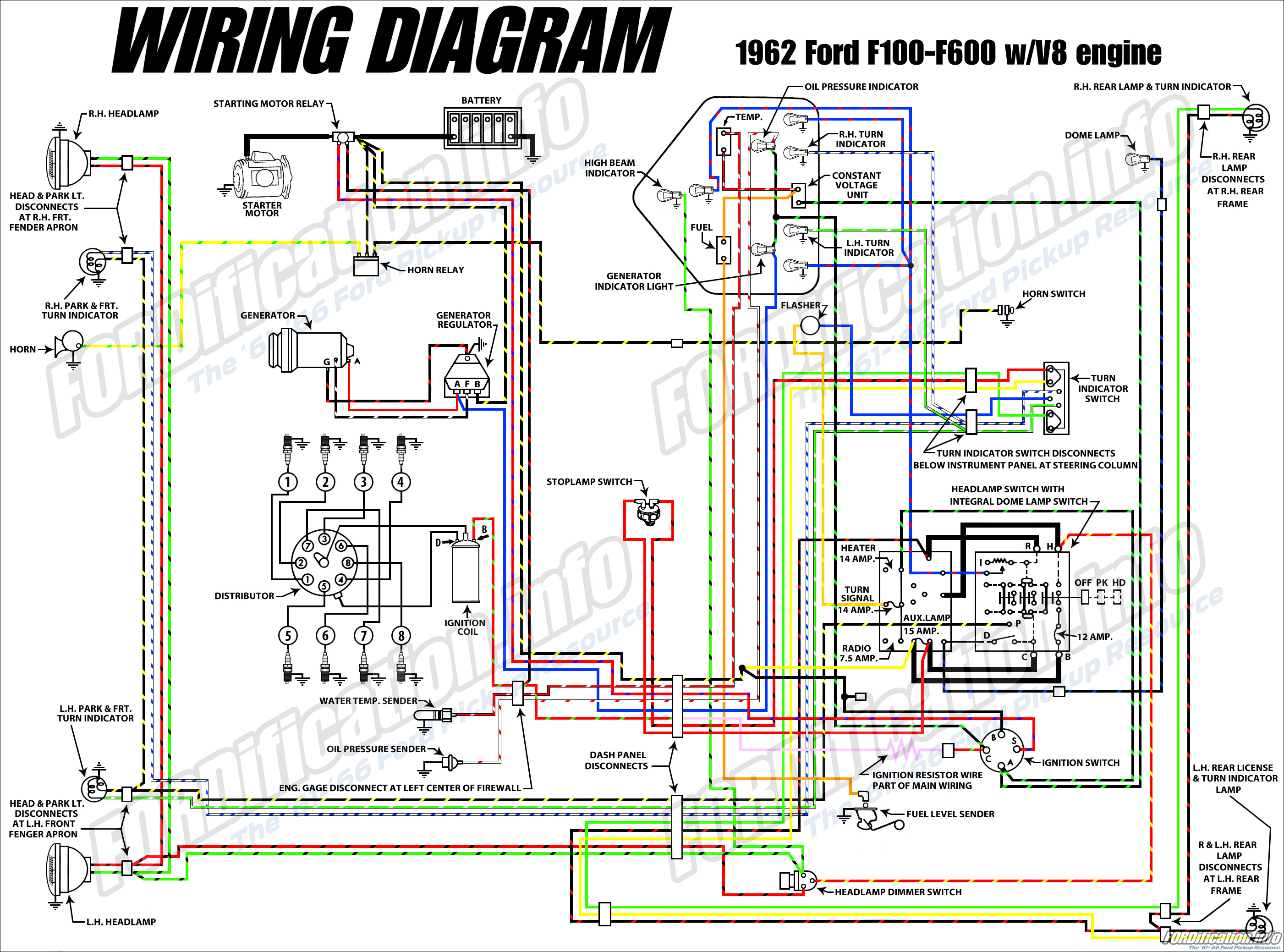When it comes to working on a 1971 Ford F100, understanding the ignition switch wiring diagram is essential for any mechanic or DIY enthusiast. By having a clear understanding of how the ignition switch wiring is set up, you can troubleshoot electrical issues effectively and ensure that your vehicle runs smoothly.
Why are 1971 Ford F100 Ignition Switch Wiring Diagrams Essential?
Ignition switch wiring diagrams are essential for several reasons:
- They provide a visual representation of how the electrical system is wired, making it easier to understand the connections between components.
- They help identify the location of specific wires and components, making it easier to trace and troubleshoot electrical issues.
- They serve as a guide for proper installation of new components or replacement of existing ones.
How to Read and Interpret 1971 Ford F100 Ignition Switch Wiring Diagrams
Reading and interpreting ignition switch wiring diagrams can be intimidating for beginners, but with some guidance, it can become much easier:
- Start by familiarizing yourself with the symbols and colors used in the diagram.
- Follow the flow of the wiring diagram from the ignition switch to each component to understand how the electrical system is connected.
- Take note of any labels or numbers on the diagram that indicate specific wires or components.
Using 1971 Ford F100 Ignition Switch Wiring Diagrams for Troubleshooting
Ignition switch wiring diagrams are invaluable tools for troubleshooting electrical problems in your 1971 Ford F100:
- Use the wiring diagram to identify the source of the issue, such as a faulty wire or component.
- Follow the wiring diagram to trace the path of the electrical current and locate any breaks or faults in the system.
- Refer to the wiring diagram when testing components or making repairs to ensure proper connections.
Importance of Safety When Working with Electrical Systems
Working with electrical systems can be dangerous if proper safety precautions are not followed. Here are some safety tips to keep in mind:
- Always disconnect the battery before working on any electrical components to prevent accidental shocks.
- Use insulated tools when working with electrical systems to avoid short circuits or electrical hazards.
- Avoid working on electrical components in wet or damp conditions to reduce the risk of electrocution.
1971 Ford F100 Ignition Switch Wiring Diagram
1971 Ford F100 Ignition Switch Wiring Diagram Database – Faceitsalon.com

Wiring Diagram For 1971 Ford F100

1971 Ford Ignition Wiring Diagram

1971 Ford F100 Wiring Diagram Database

Wiring Diagram For 1971 Ford F100

Wiring Diagram For 1971 Ford F100
